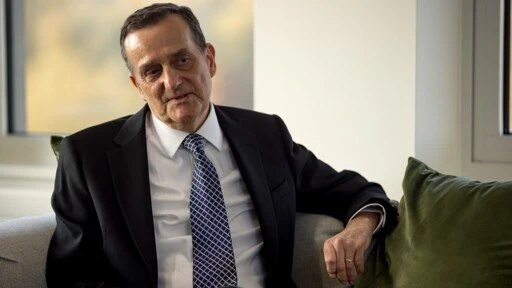UK: Top prosecutor blames ‘evidential failure’ for China spy cases collapsing, says he was frustrated over concerns about a softer approach to Beijing
UK: Top prosecutor blames ‘evidential failure’ for China spy cases collapsing, says he was frustrated over concerns about a softer approach to Beijing
DPP blames ‘evidential failure’ for China spy cases collapsing

cross-posted from: https://lemmy.sdf.org/post/42547255
The top prosecutor for England and Wales has blamed an “evidential failure” for the collapse of a Chinese espionage case, raising questions of whether Whitehall officials backed away from labelling Beijing an “enemy”.
Stephen Parkinson, the director of public prosecutions [DPP], wrote on Thursday of his “disappointment and frustration” at the collapse of the trial of Christopher Berry, 33, and Chris Cash, 30, a former parliamentary researcher. Both men said they were entirely innocent and that the case, alleging the involvement of more than two dozen reports to Beijing intelligence, should never have been brought.
Parkinson linked the decision by prosecutors to offer no evidence against the pair with a requirement under the Official Secrets Act for information to have been collected and passed to an “enemy”.
This was a “limitation” that no longer existed in the National Security Act 2023, which replaced the Official Secrets Act and “under which any future offending will fall to be considered”, Parkinson said. He said prosecutors had correctly concluded there was sufficient evidence to prosecute when Cash and Berry were charged last April but that it now “no longer met the evidential test”.
[...]
His comments prompted questions about whether Whitehall security officials had changed their assessment of the threat from China in the 17 months between the charges being made and the cases collapsing. The government has been accused of softening its approach to Beijing in the hope of improving their economic relationship.
[...]
On Monday Philp had referred in the Commons to a case summary prepared for Berry and Cash’s initial court appearance in April last year. It detailed, Philp said, how a deputy national security adviser had provided a statement that assessed some of the information allegedly passed to a Chinese intelligence official to be “directly or indirectly, useful” to the Communist Party. The adviser’s assessment was that some material was “prejudicial to the safety or interests of the United Kingdom”, Philp said.
Writing again to Parkinson on Thursday, Philp said his intervention still left a “huge unanswered question”, adding: “How could the evidential test be met in April 2024 but not in September 2025? What changed?
“In particular, given the CPS press notice confirming that a deputy national security adviser gave key evidence prior to April 2024, did they or anyone else give any further evidence after that and, if so, did the further evidence undermine the categorisation of China as an ‘enemy’?”
Luke de Pulford, executive director of the Inter-Parliamentary Alliance on China, said: “Why did the CPS think they stood a reasonable chance of prosecution in 2024, knowing about the ‘enemy’ problem, and not in 2025?”
[...]
This week the prime minister said he was disappointed the trial would not take place.
[...]